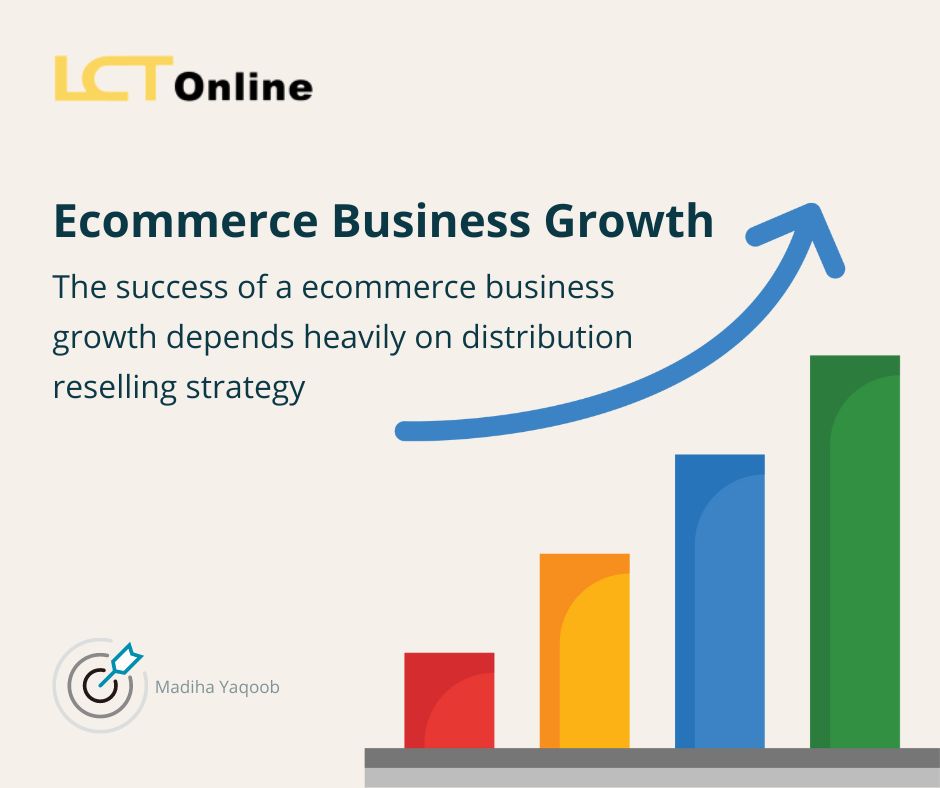Ecommerce Business Growth
The success of a ecommerce business growth depends heavily on distribution reselling strategy in today’s cutthroat marketplace. Understanding the fundamentals of distribution reselling strategies may have a big influence on your ecommerce business development and profitability, whether you’re a product producer or an entrepreneur trying to increase your market share. We’ll examine the significance of these tactics in this essay, as well as how gig workers could profit from affiliation based resale and distribution.

Distribution and Reselling Strategies
Distribution and reselling strategies are vital components of a comprehensive business growth. They involve making products available to consumers through various channels, whether physical or virtual. By effectively distributing products and leveraging the power of affiliation, businesses can maximize their sales potential and expand their market presence.
Distribution Strategy for Product Manufacturers
Distribution involves making sure that a product’s intended consumers receive it quickly and effectively for producers. Developing connections with distributors, merchants, and other intermediaries who help close the gap between the producer and the ultimate consumer is a part of it.
Concentrate on your product niche if you want to succeed in distribution. You may modify your distribution strategy by being aware of the particular traits and needs of your target market. You’ll be able to do this to maximize your efforts, distribute resources wisely, and get superior outcomes.
Identifying Your Target Market
Determine your target market before starting any distribution or resale endeavors. Knowing the traits, interests, and needs of your potential customers can help you tailor your marketing and distribution strategies to optimize their success.
Comprehensive market study, data analysis, and consumer profiling may offer insightful information about your target market. By using this data, you may create specialized distribution strategies that reflect the tastes of your target market, resulting in greater market penetration and client pleasure.
The Role of Affiliation in Reselling
Affiliation is a powerful tool for reselling products. By collaborating with affiliates, businesses can expand their sales force and reach a broader audience. Affiliates act as independent agents who promote and sell products on behalf of the original manufacturers or service providers.
As an affiliate, individuals can leverage their network, marketing skills, and influence to drive sales. They are paid a commission or a share of the money made from each sale that is profitable. This arrangement benefits both parties involved, as the manufacturer gains wider exposure and sales, while the affiliate earns a passive income stream.
Managing Distribution and Reselling through Freelancing Platforms
The gig economy has opened up new avenues for individuals to engage in distribution and reselling. Freelancing platforms such as Upwork and Guru provide an ideal environment for gig workers to establish themselves as distribution managers. By creating multiple accounts and sub-accounts, managers can bid on projects and secure distribution opportunities for their clients.
The distribution managers handle the logistics, ensuring the products reach their intended destinations smoothly. In return, they receive a percentage or commission from the manufacturer for their efforts. This model allows manufacturers to focus on product development while leveraging the expertise of freelancers for efficient distribution.
Alternative Approaches to Distribution and Reselling
While marketplaces provide a convenient platform for distribution and reselling, alternative approaches can also be effective. For instance, individuals can actively market themselves and their portfolio on social media platforms like LinkedIn, TikTok, and Facebook. By showcasing their expertise and products, they can attract potential clients who are willing to bring customers to them. In this scenario, a commission-based model, where the individual receives a percentage of the generated sales, can be established.
This alternative approach allows individuals to tap into their personal networks, engage with potential customers directly, and build meaningful relationships. It empowers them to take control of their distribution and reselling endeavors while leveraging the power of social media to amplify their reach.
Conclusion
Distribution and reselling are essential strategies that can drive the growth and success of businesses. By understanding the dynamics of distribution, identifying target markets, and exploring the power of affiliation, individuals and businesses can expand their reach, increase sales, and establish a competitive edge in the market. The gig economy presents exciting opportunities for individuals to become distribution managers and resellers, allowing them to harness their skills and networks for financial gain.
